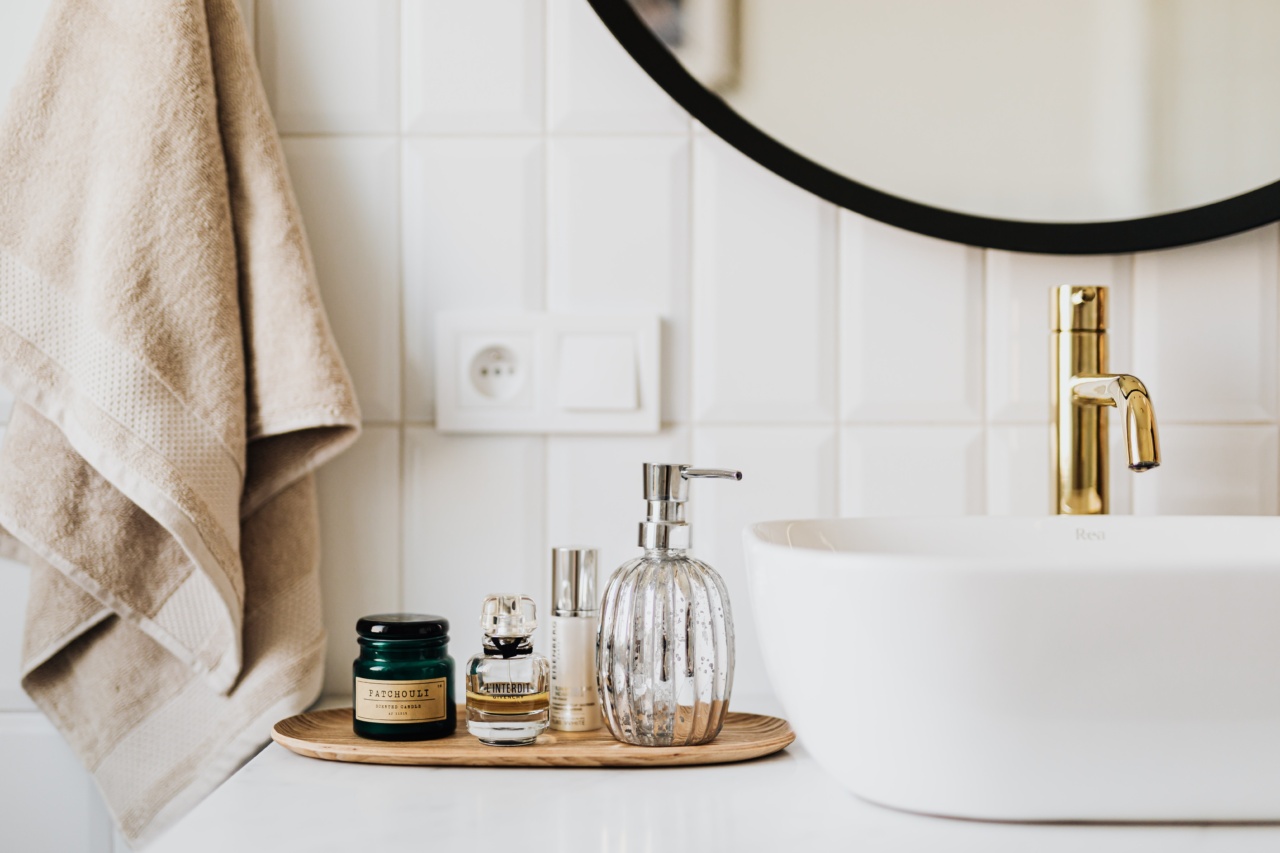Living a healthier lifestyle is something that many people strive for. Whether it’s losing weight, improving mental health, or simply feeling better overall, there are various ways to achieve these goals.
However, one secret tool that often goes overlooked is the power of daily habits.
Why are Habits Important?
Habits play a vital role in our lives. They are the little things that we do consistently, often without thinking about them. These habits can be both positive and negative, and they have a significant impact on our physical and mental health.
The Habit Loop
In order to understand how habits can influence our lifestyle, it’s important to understand the habit loop.
This concept, popularized by Charles Duhigg in his book “The Power of Habit,” consists of three key components: cue, routine, and reward.
Cue
The cue is the trigger that initiates a habit. It can be anything from a specific time of day, an emotion, or even an external event. For example, feeling stressed at work could be a cue to reach for a sugary snack.
Routine
The routine is the behavior itself. It’s what you do in response to the cue. This could be eating the sugary snack, going for a run, or meditating to relieve stress.
Reward
The reward is the positive reinforcement that follows the routine. It’s the reason why the habit loop continues to reinforce itself. In the case of the sugary snack, the reward could be the temporary relief from stress.
Creating Healthy Habits
Now that we understand the habit loop, we can use it to our advantage and create healthier habits.
Identify Your Cues
The first step is to identify the cues that trigger your current habits. Are you more likely to indulge in unhealthy snacks when you’re bored or stressed? Do you find yourself reaching for your phone as soon as you wake up in the morning?.
Replace the Routine
Once you’ve identified your cues, it’s time to replace the routine with a healthier alternative. For example, if stress is your cue to eat sugary snacks, you could try going for a short walk or practicing deep breathing exercises instead.
Find the Right Rewards
Lastly, it’s important to find alternative rewards that satisfy the same need. This could be the feeling of accomplishment after a workout, the relaxation that comes from meditation, or the joy of connecting with loved ones.
The Power of Consistency
Consistency is key when it comes to establishing new habits. By repeating the new routine consistently, you reinforce the habit loop and make it stronger over time.
Small Steps Towards a Healthier Lifestyle
When it comes to transforming your lifestyle, it’s important to start with small and achievable goals. Trying to change too many habits at once can often lead to overwhelm and frustration.
Examples of Healthy Habits
To give you some inspiration, here are a few examples of healthy habits that you can incorporate into your daily routine:.
1. Start the day with a glass of water
Drinking water first thing in the morning helps hydrate your body, kickstart your metabolism, and promote overall well-being.
2. Practice mindful eating
Take the time to savor your meals, paying attention to the flavors and textures. This can help you develop a healthier relationship with food and prevent overeating.
3. Move your body
Find an activity that you enjoy, whether it’s walking, dancing, or yoga, and make it a regular part of your routine. Exercise not only improves physical health but also boosts mood and reduces stress.
4. Prioritize sleep
Aim for 7-9 hours of quality sleep each night. Creating a bedtime routine and establishing a relaxing environment can help improve sleep quality.
5. Practice gratitude
Take a few moments each day to reflect on the things you’re grateful for. Gratitude can shift your focus to the positive aspects of your life and improve overall well-being.
Conclusion
When it comes to leading a healthier lifestyle, the secret tool lies in our daily habits.
By understanding the habit loop, identifying cues, replacing routines, and finding alternative rewards, we can create healthier habits that contribute to our overall well-being. Remember, consistency is key, and starting with small, achievable goals is the way to build a sustainable and lasting lifestyle change.































